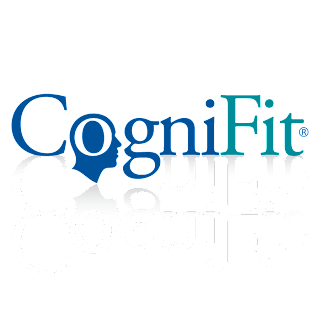 Does it seem like you are always losing track of something or missing an important meeting because you forgot? If so you are not alone most people have this problem at least here and there. There are ways though to improve your memory and help your mind think more clearly.
Does it seem like you are always losing track of something or missing an important meeting because you forgot? If so you are not alone most people have this problem at least here and there. There are ways though to improve your memory and help your mind think more clearly.There are many ways to improve your cognitive memory. Most are simple activities you can do that help stimulate your brain. They can include things like doing brain games such as puzzles or chess. These types of games require your mind to think and come up with strategies to win. This type of thinking is stimulating for your brain because it gives it a challenge.
Learning is also a great way to stimulate your mind and improve your memory. Take the time to learn something new maybe a hobby or a new language. Learning is food for the brain and the more good healthy food you give your brain the more efficiently it works. When your brain is efficient your memory is better.
There are even computer programs designed with scientific technology to improve your cognitive memory with just a few minutes a day of activity. These types of “brain games” give your mind the right kind of stimulation is small manageable chunks that everybody can find time for.
When your brain is sharper your mind can think more clearly. This means not only does your memory improve but you being to process information better and can make better decisions. When you are making good decisions this allows your life to be less stressful in general. Keeping your brain healthy and stimulated is one of the best things you can do for your overall health.
Even physical activity can be good for brain stimulation. Consider activities like dance or basketball these require not just your body but also your mind. With basketball for example you have to make quick decisions to be successful. The ability to make these quick decisions and execute them is great stimulation for your brain.
The key to improving your brain health, memory and stimulating your brain is consistency. If you do something to stimulate your brain today but then don’t do anything for 2 more months it will not be very effective. You should plan to do daily activities or at least every couple days to keep your mind sharp.
Some of your regular activities may be stimulating your brain anyway these activities can be counted. As long as you are doing something often to stimulate your brain health, you will quickly see the results of what a clear mind and increased memory can do for you.




















